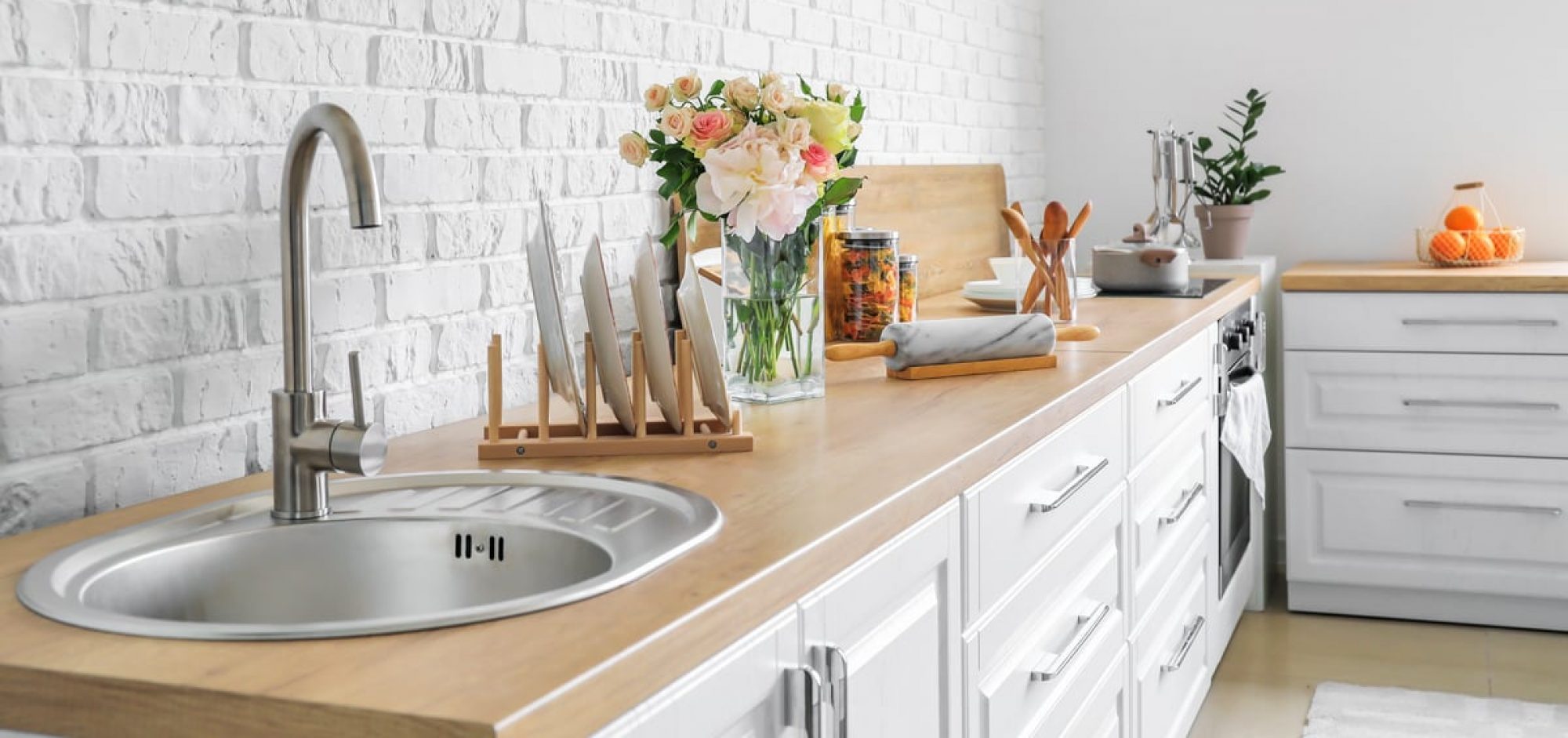In today’s fast-paced world, convenience and efficiency have become top priorities for homeowners, leading to the rise of home automation Atlanta. This technology allows homeowners to control various aspects of their living space—lighting, security, climate, and entertainment—through their smartphones or voice commands. As more devices become interconnected, home automation atlanta is transforming ordinary homes into intelligent, responsive environments that enhance comfort while also improving energy efficiency.
One of the most appealing features of smart home automation is its ability to integrate multiple systems into one seamless network. Instead of managing each device separately, homeowners can control everything from a central hub or mobile app. For example, you can adjust your thermostat, dim the lights, and lock the doors all with a single command. This interconnectedness not only simplifies daily routines but also offers significant energy savings, as smart systems optimize the use of electricity and reduce wastage.
Security is another major reason why many people are investing in smart home automation. Modern security systems now include smart cameras, motion detectors, and automated locks that can be monitored and controlled remotely. Whether you’re at work or on vacation, smart home automation ensures that your property is protected around the clock. Some systems even send real-time alerts to your phone if suspicious activity is detected, giving you peace of mind no matter where you are.
Beyond security and convenience, smart home automation plays a crucial role in energy management. Smart thermostats learn your habits and adjust the temperature accordingly, leading to lower utility bills without sacrificing comfort. Automated lighting systems turn off lights in unoccupied rooms and adjust brightness based on natural light levels. These features not only make your home more eco-friendly but also contribute to substantial cost savings over time, making smart home automation an investment that pays off.
The entertainment experience in a smart home is another area where smart home automation shines. Smart speakers, TVs, and sound systems can be linked together, allowing users to control their entertainment setup with voice commands or through an app. Imagine starting a movie night with a simple phrase—your lights dim, your blinds close, and your home theater system powers on, creating the perfect ambiance. This level of customization and control is what makes smart home automation so attractive to tech-savvy homeowners.
As technology continues to advance, the options for smart home automation are expanding rapidly. Voice assistants like Amazon Alexa, Google Assistant, and Apple’s Siri are becoming more sophisticated, allowing for more natural interactions with smart devices. Additionally, the development of machine learning and artificial intelligence means that smart home systems can now learn user preferences over time, offering personalized suggestions and automating tasks without manual input.
However, despite its many benefits, smart home automation is not without its challenges. Privacy and data security are significant concerns, as interconnected devices collect and transmit large amounts of personal information. It’s crucial for homeowners to choose reputable brands and ensure their systems are equipped with strong encryption and regular software updates. As the industry grows, addressing these concerns will be essential to maintaining user trust and ensuring the long-term success of smart home automation.
Another consideration is compatibility. With so many brands and devices on the market, not all products work seamlessly together. Before investing in smart home automation, it’s wise to research which systems are compatible and consider using platforms that support a wide range of devices. This ensures that your smart home setup can grow and evolve without the hassle of replacing incompatible components.
Looking ahead, the future of smart home automation appears promising. Innovations such as smart kitchens, automated pet care, and advanced health monitoring systems are already making their way into the market. As these technologies become more affordable and accessible, it’s likely that smart home automation will become the standard rather than the exception in modern living.
In conclusion, smart home automation represents a significant shift in how we interact with our living spaces. By offering enhanced convenience, improved security, energy savings, and personalized experiences, it’s no wonder that more homeowners are embracing this technology. As the industry continues to evolve, the possibilities for creating smarter, more efficient, and more comfortable homes are virtually limitless. Whether you’re just starting to explore smart devices or looking to upgrade your current setup, smart home automation offers solutions that can transform your everyday life.

